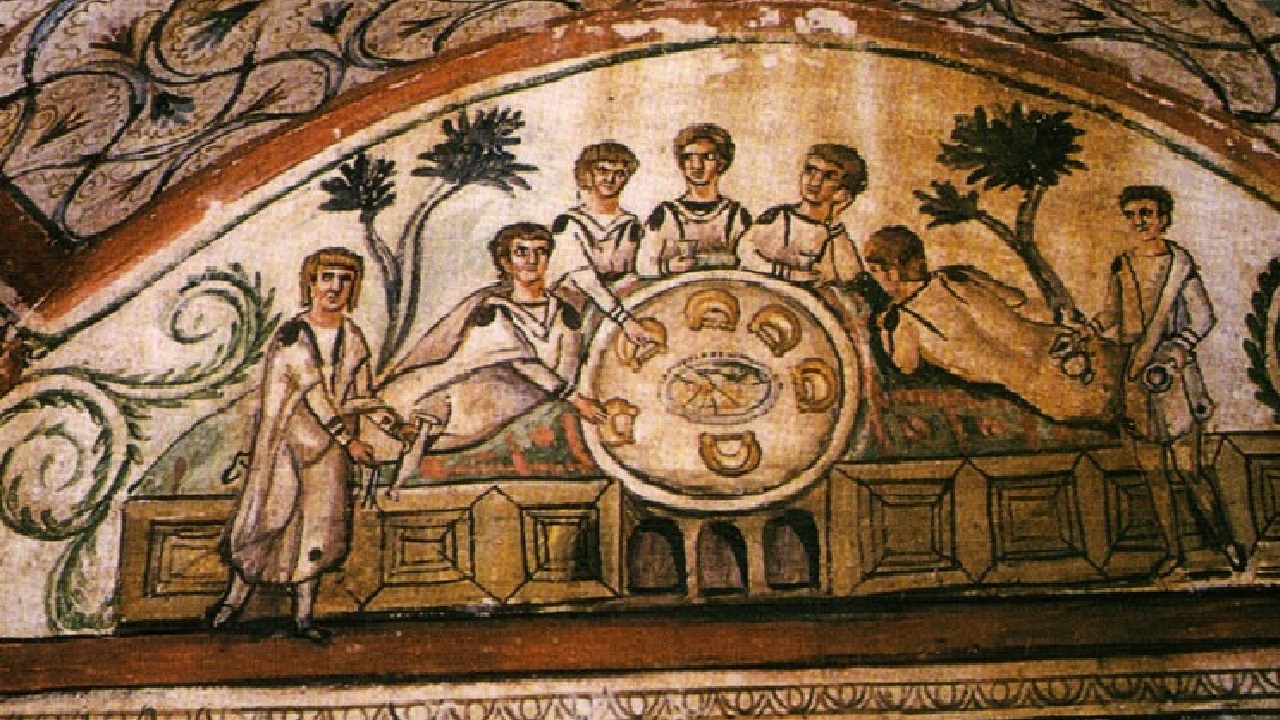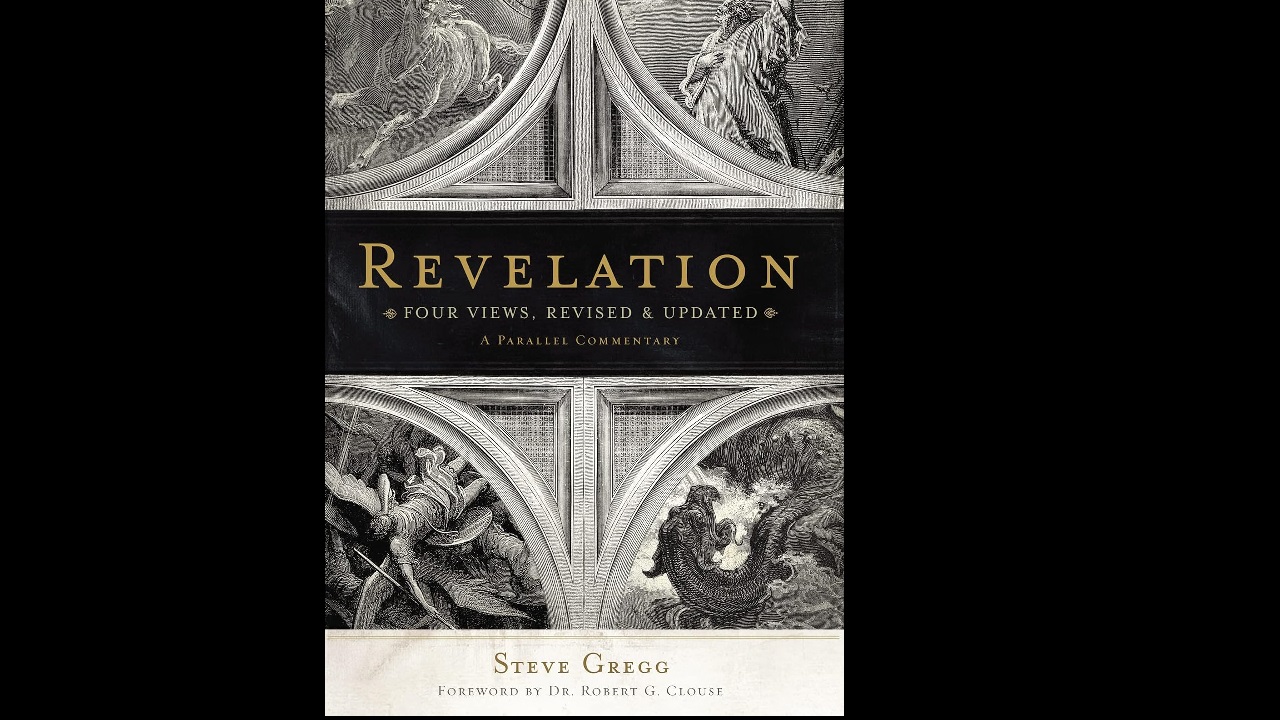by Arnold, 3 Crucial Questions about Spiritual Warfare, 79-10, including material from footnote 10.
The word possession never even appears in the Bible in the passages where Jesus or the apostles cast evil spirits out of an individual.
The expression demon-possessed or demon possession does occur in some English translations of the Greek text, but there is never a Greek word for “possession” that stands behind it.
“Demon possession” is always the translation of a single Greek word, daimonizomai. Words for ownership or possession (e.g., huparchō, echō, katechō, ktaomai, or peripoieō) are absent in the original text.…
The expression “he has a demon” (echei daimonion) does appear in the Gospels (e.g., Luke 4:33; 8:27), but the inverse, “a demon has him,” never occurs.
Nevertheless, the terms of the current debate have been set by the longstanding tradition of translating the expression demon-possessed.
Where did English Bible translators get the idea of translating daimonizomai as ‘demon possession’?
The translation was most likely influenced by the Latin Church’s tradition of using the term possessio to describe a person deeply troubled by a demonic spirit. Interestingly, the Latin Vulgate, however, does not use the term possessio to translate daimonizomai, but the simple expression to have a demon (habeo with daemonia).




